Overall gardening tips
oceanna
12 years ago
Related Stories
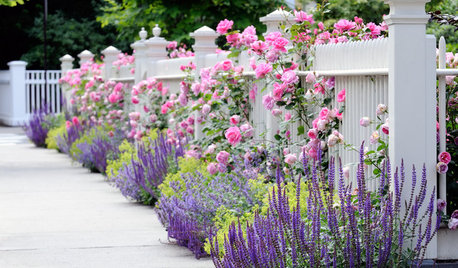
GARDENING GUIDES10 Tips to Start a Garden — Can-Do Ideas for Beginners
Green up your landscape even if you're short on time, money and knowledge, with these manageable steps for first-time gardeners
Full Story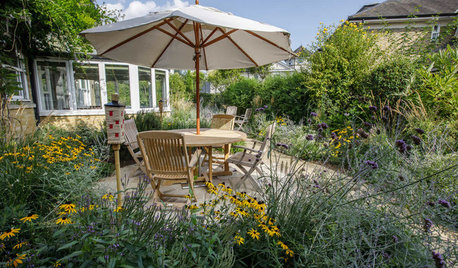
LANDSCAPE DESIGN4 Tips for Creating a Small Garden That Welcomes Wildlife
Win over birds, bees, butterflies and neighbors with these design strategies
Full Story
COLOR5 Tips for Choosing a Primary Outdoor Color
Strengthen your style statement by carrying color choices from your home to all the parts of your property that surround it
Full Story
BATHROOM DESIGN7 Tile Tips for Baths on a Budget
How to Add Style to Your Bathroom Without Breaking the Budget
Full Story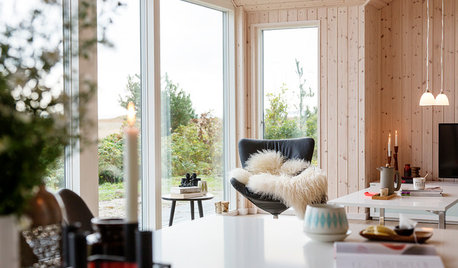
LIFESlow Living 101: Tips for Turning Off the Chaos
It may feel as though you're too busy to slow down and enjoy life. But even little changes can have a big effect
Full Story
DECORATING GUIDES5 Tips for a More Flexible, Creativity-Boosting Space
These decorating ideas will encourage your creative side to come out and play
Full Story
CONTRACTOR TIPSContractor Tips: 10 Ways to Remodel Greener
Push past the hype and learn what really makes a renovation kind to the earth and easy on your wallet
Full Story
DECORATING GUIDES7 Tips to Sell Your Home Faster to a Younger Buyer
Draw today's home buyers by appealing to their tastes, with these guidelines from an expert decorator
Full Story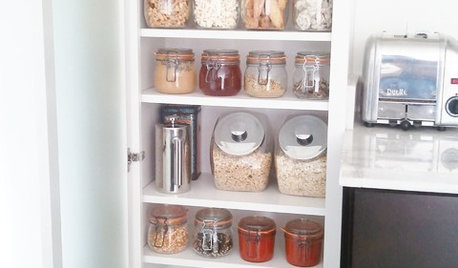
HEALTHY HOME6 Tips From a Nearly Zero-Waste Home
Lower your trash output and increase your quality of life with these ideas from a mom who did it to the max
Full Story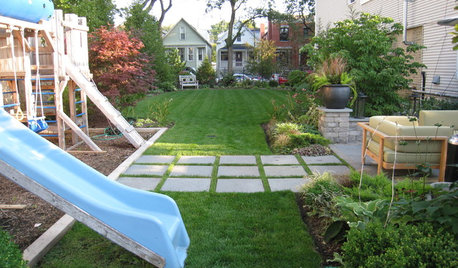
LIFE6 Tips for Teaching Your Kids to Be Good Neighbors
Everyone wins when your children learn to respect boundaries, get help when they need it and show others they care
Full StorySponsored






memo3
Thyme2dig NH Zone 5
Related Professionals
Ashland Landscape Architects & Landscape Designers · Ballwin Landscape Architects & Landscape Designers · Marina Landscape Architects & Landscape Designers · Brownsville Landscape Contractors · Ellensburg Landscape Contractors · Hollywood Landscape Contractors · Northbridge Landscape Contractors · Point Pleasant Landscape Contractors · St. Louis Landscape Contractors · West Haverstraw Landscape Contractors · West Palm Beach Landscape Contractors · Fruitville Roofing & Gutters · Wilmette Roofing & Gutters · Fairfax Siding & Exteriors · Inwood Siding & Exteriorsluckygal
gardenweed_z6a
oceannaOriginal Author
flora_uk
luckygal
flowergirl70ks
oceannaOriginal Author
flowergirl70ks
oceannaOriginal Author
pippi21
silverkelt
ginny12
silverkelt
luckygal
pfmastin
oceannaOriginal Author
oceannaOriginal Author
kailleanm
oliveoyl3